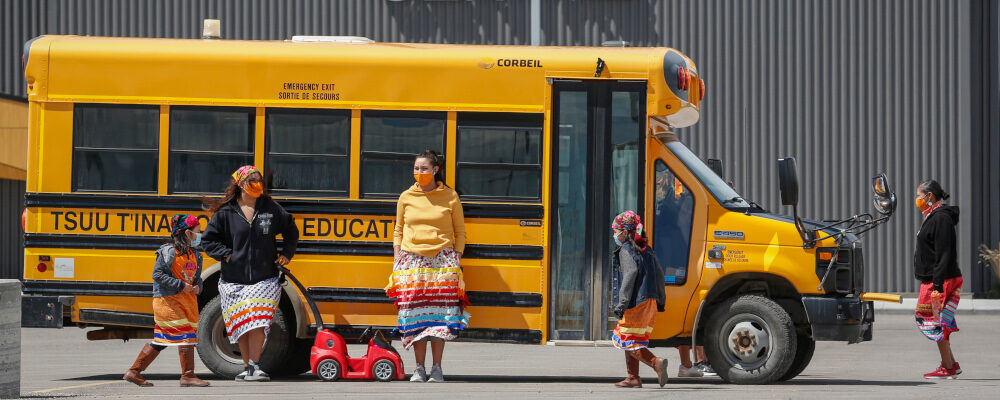Imagine if your child’s school had double the number of kids on its waitlist than the number of enrolled students. You’d say that clearly, the school was doing something right and that if so many parents wanted to send their kids there, they should get more funding, or hire more teachers, so that more children could actually attend this school.
Well, that’s not the reality for not just one school, but an entire sector of schools in Alberta. In the 2021-22 school year, there were more than 10,500 children enrolled in charter schools, yet there are approximately 20,000 children waiting for a spot in one of Alberta’s 17 charter schools. That’s 2.7 percent of all K-12 students in the province. This space crunch has been going on for years. Back in 2015, Foundations for the Future Charter Academy alone had an 11,000-strong waitlist while its student population was 3,500. Even as new charter schools open and existing schools expand, demand is outstripping supply by a huge margin.
So why are so many children and families stuck in educational limbo, crossing their fingers and hoping they’ll get one of the highly-coveted spots in these schools? Despite their 29-year track record of success, the charter school sector is still subject to numerous restrictions on focus, growth, and program offerings that don’t apply to all other public, separate, and independent schools. Certain rules have been dropped in recent years, including the arbitrary cap of 15 charter schools and the ban on multiple-campus schools. But this isn’t enough. The province needs to lift the remaining restrictions, including the most egregious one: the prohibition on more than one charter school per teaching philosophy.
Allowing only one charter school in the province to offer a specific teaching philosophy is outdated and defies logic. First and foremost, Alberta is a big province. It does not make sense to refuse a girls-only charter school in Fort McMurray, simply because one already exists in Calgary. This became a live issue in 2022 when parents in the rural community of Holden, southeast of Edmonton, came together to open a charter school. Initially, they had wanted the school to focus on rural education, but because another charter school—Valhalla Community School, near Grande Prairie—already offers this pedagogy, they were denied. No child in Holden had the option of making the twelve-hour, 1,215km daily round-trip to Valhalla.
Thankfully, Holden Rural Academy was able instead to offer place-based education and opened this past fall with great success. But the illogical problem remains. And forget geography for a moment—why can’t there simply be two competing charter schools in the same region, offering the same pedagogy? Perhaps one will do a better job. Perhaps one will have a slightly different approach to parental involvement, or homework, or gym class. There is no justification for preventing those options from existing and for stifling innovation and a multitude of choices.
Alberta also needs to lift its ban on charters offering home education programs (which public, separate, and independent schools are permitted to do), as well as the ban on being faith-based. All these rules lack sound rationale—and they are clearly out of step with the wishes and desires of tens of thousands of parents across Alberta.

Ultimately, parents want options–school types like rural education, and music education, and back-to-basics learning, and languages, and STEM studies. They also want a smaller, more local education experience. That’s unique to charters since they are accountable to the education minister and to a school-specific board of directors, not school trustees governing over public districts who must manage the competing priorities and interests of districts with (often) 100,000-plus students.
And ultimately, parents’ instincts are right, because charter schools are good not just for their children, but for society. They offer unique and creative ways of inspiring learning in children. They inspire a plethora of program offerings not only by themselves but also by fostering competition and innovation in the independent and public school systems.
Demand for charter schools is here to stay—it’s time for Alberta’s regulations to catch up.




